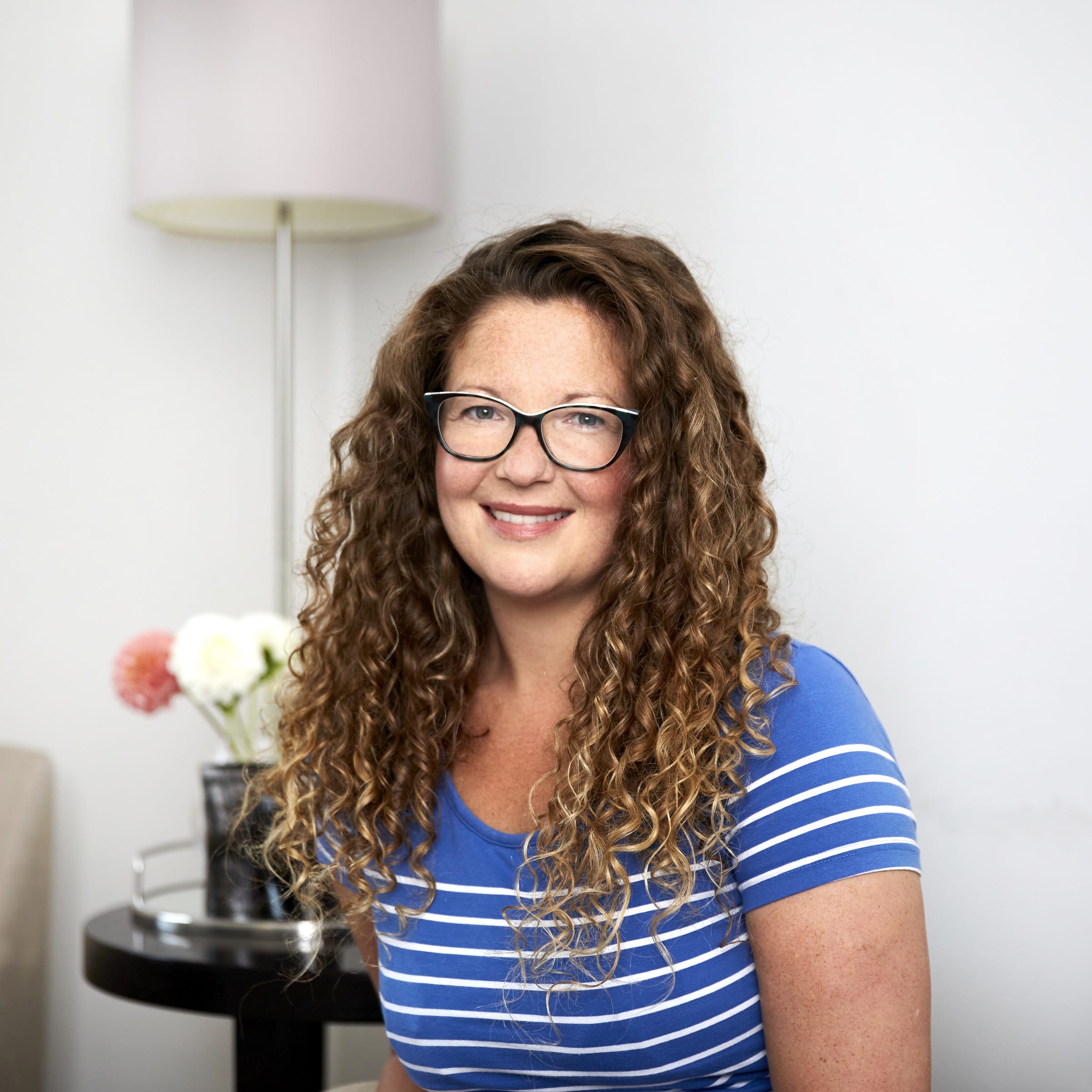Video Description
Clinical psychologist Emma Smith details the ways in which couples can carry out background reading and do their ‘homework’ in-between couples therapy sessions to maximise their treatment’s effectiveness. Chelsea Psychology Clinic are a group of London psychologists and psychiatrists offering private psychological therapy and psychiatry treatment from their premises across central London and Chelsea. The private therapy sessions cover the following areas: – Acceptance & Commitment Therapy – Cognitive Analytic Therapy – Cognitive-behavioural Therapy – Couples Therapy – Dialectical-behaviour Therapy – Mentalisation Based Treatment – Mindfulness Based Cognitive Therapy – Schema Therapy https://www.thechelseapsychologyclinic.com
Video Transcription
There’s some great reading materials out there that can be helpful for couples having a framework for understanding themselves and others, and particularly Schema Therapy books, such as “Reinventing the Life” or “Breaking Negative Thinking Patterns”, can provide a really helpful framework for understanding our needs and behaviours in relationships. But also, couple-focussed literature, such as focussed therapy. Reading around that and thinking about how do we actually have these conversations where we really listen to each other, really connect with each other’s emotions and needs and wishes, and actually try to get those needs met in the relationship? So I think doing that reading, and also we will set homework in the couple’s therapy, so actually engaging in the homework tasks, which will be to have different kinds of conversations, practise different ways of communicating, will really have a bearing on how effective the therapy is.

